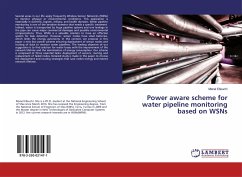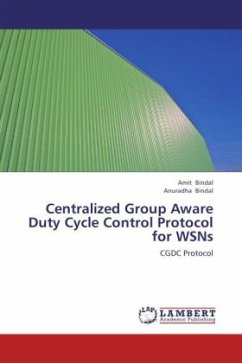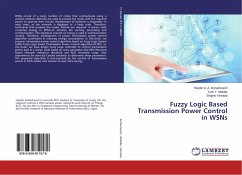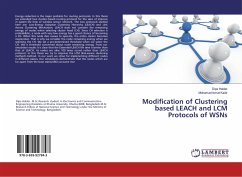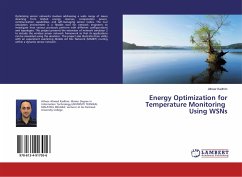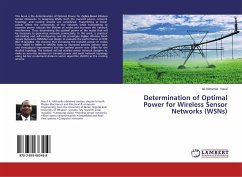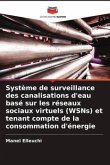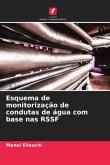Several areas in our life apply frequently Wireless Sensor Networks (WSNs) to monitor physical or environmental conditions. This application is essentially in scientific, logistic, military, and health domains. Water pipeline monitoring is one of the sensitive domains that needs a specific treatment. Indeed, water is transported by huge pipeline systems and one leakage in the pipe can cause major commercial damages and possible environmental compensations. Thus, WSNs is a valuable solution to have an effective system for leak detection. However, sensor nodes have small batteries, which limits the energy autonomy. In this context, we propose in this paper a new low power scheme ensuring deployment of sensor nodes and routing of data to monitor water pipelines. The leading objective of our suggestion is to find solution for water losses with the improvement of the network lifetime and the minimization of energy consumption. Our scheme is composed of three essential tasks: deployment of sensors, routing and replacement of failed nodes. Detailed study is made in this paper to choose the deployment and routing strategies that save nodes energy and extend network lifetime.
Bitte wählen Sie Ihr Anliegen aus.
Rechnungen
Retourenschein anfordern
Bestellstatus
Storno

